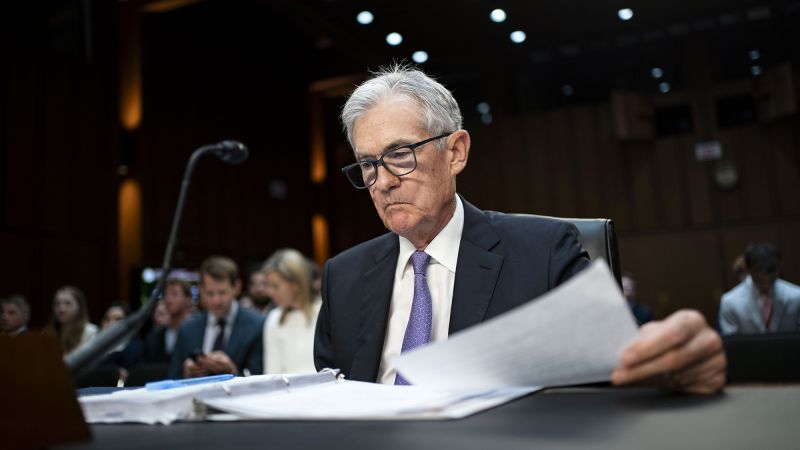The Federal Reserve is expected to hold interest rates steady at its upcoming meeting, but some economists are urging central bankers to cut rates now instead of waiting until September. Former Fed Vice Chair Alan Blinder and Nobel prize-winner Paul Krugman are among those advocating for an earlier rate cut. The argument for cutting rates sooner is based on the idea that monetary policy has long and variable lags, meaning it takes time for the effects of the Fed’s actions to be felt in the economy.
The Fed had previously raised interest rates to their highest level in more than two decades in an effort to slow down the economy and bring inflation back down to the central bank’s 2% target. However, inflation still remains slightly above target, and leaving rates high for longer may risk hurting the economy rather than helping it. Job openings are declining, the unemployment rate is rising, and some industries are laying off more workers than hiring, potentially leading to a weakening economy.
Despite these challenges, the economy has shown signs of strength. In the second quarter of the year, the economy grew at an annualized rate of 2.8%, exceeding expectations. Inflation has also been retreating closer to the 2% target, which is a positive development. Employers continue to hire more than 100,000 workers a month, contributing to overall job growth and consumer spending.
Some economists, such as Torsten Slok and Sean Snaith, believe that it may be too early to cut rates given the current state of the economy. Slok maintains his forecast that the Fed won’t cut rates at all this year, citing solid job growth and consumer spending as factors supporting his view. Snaith also believes there is no urgency for rate cuts given the stronger than expected performance of the economy. Both economists suggest waiting until later in the year or even into 2025 before considering rate cuts.
While Fed officials have indicated that a rate cut may be more likely in September, some experts caution against overanalyzing the timing of such a move. Fed Governor Christopher Waller emphasized the importance of considering the overall economic conditions rather than focusing solely on the timing of rate cuts. Waller noted that unexpected shocks, such as a conflict leading to higher energy prices, could impact the decision-making process. Ultimately, the decision on when to cut rates depends on when the conditions are right for the economy as a whole, rather than making decisions based on short-term market fluctuations.


